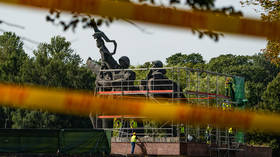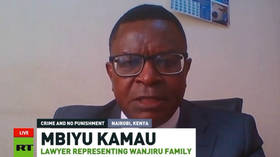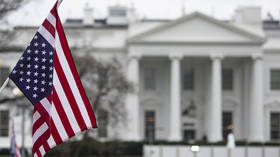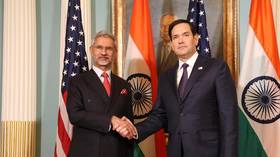Iran and Israel: above broken ties
As Israel prepares to hold the largest military exercises in its history, speculations about a possible attack on Iran are on the rise.
Diplomatic ties between the countries were broken off following the Iranian revolution of 1979.
When Yehuda Hevroni rolls the dice on his favouite Persian board game, he's transported back to his childhood.
Nineteen days before the Ayatollah Khomeini seized power, he packed his bags and left Iran for Israel. He's never been back.
“I have good and bad memories of Iran,” he explains. “Persian people are educated and very noble. President Ahmadinjead appeals to the lower classes. Most educated Iranians don’t agree with him and know it’s not a wise idea to attack Israel."
Most Iranian Jews arrived in Israel around the same time as Yehuda. At one time Iran, and Israel were partners against a common enemy – the Arabs.
The revolution of 1979 marked the end of their marriage of convenience. Three quarters of the Jewish community, one of the oldest in the world, fled.
The Ayatollah’s extremist views were reiterated four years ago when President Mahmoud Ahmadinejad came to power. He called for Israel to be wiped off the map, and for new attacks to destroy the Jewish state.
Iran today is a major concern for Israel,” the head of Iranian studies at the Tel Aviv university, Professor David Menashri told RT.
“In the north of Israel with Hezbollah, in the south of Israel with Hamas, on the east of Israel with Islamic Jihad,” he explained.
Next month Israel will be holding a four-day military exercise – the largest in its history. It’s fuelling speculation the government is preparing to attack Iran.
But Professor Menashri believes his government would be better off not openly threatening Ahmadinejad’s regime, but instead putting pressure on it quietly, through diplomatic channels.
“I don’t think Israel needs to be attacking Iran, I think if anything, the situation with Iran is something that requires international cooperation,” said Heidi Basch, a student of Middle Eastern history and politics.
“Israel doesn’t have a lot of friends internationally. And the economic risk of doing that, the risk of losing thousands or more than thousands of Israeli soldiers is too great of a risk,” David Welch, another student, added.
The last big group of Iranian Jews to arrive in Israel was a year-and-a-half ago. Forty Jews fled in secret from Teheran after abandoning their property and possessions.
Ironically, the largest Jewish population in the Middle East outside of Israel is in Iran. Some 25, 000 Jews live there – and as long as they don’t outwardly express any support for the state of Israel, they seem to be safe.
There’s been no diplomatic relationship between the two countries since the Iranian revolution thirty years ago. But ordinary people on both sides still find a way of talking to each other.
Menashe Amir is the voice of Iran from Israel. For fifty years, he’s anchored Israel’s only Persian-language radio program.
Of the six million people who listen to his daily show, most are Iranians who are against president Ahmadinejad. The main topic of conversation is whether Israel is going to attack Iranian nuclear installations, and whether or not civilians in Iran will be hurt.
“If somebody declares that an Israeli attack is imminent, then we get so many worried calls from listeners inside Iran of what will happen, and we don’t have the answer,” Menashe Amir said.
Since coming to office at the end of March, Israel’s new foreign minister, Avigdor Lieberman, has lashed out against Iran, saying it’s impossible to resolve any problem in the region without first resolving the Iranian question.
He’s urged the international community to take responsibility for halting Teheran’s nuclear program, which Jerusalem believes could set the stage for a dangerous showdown.













